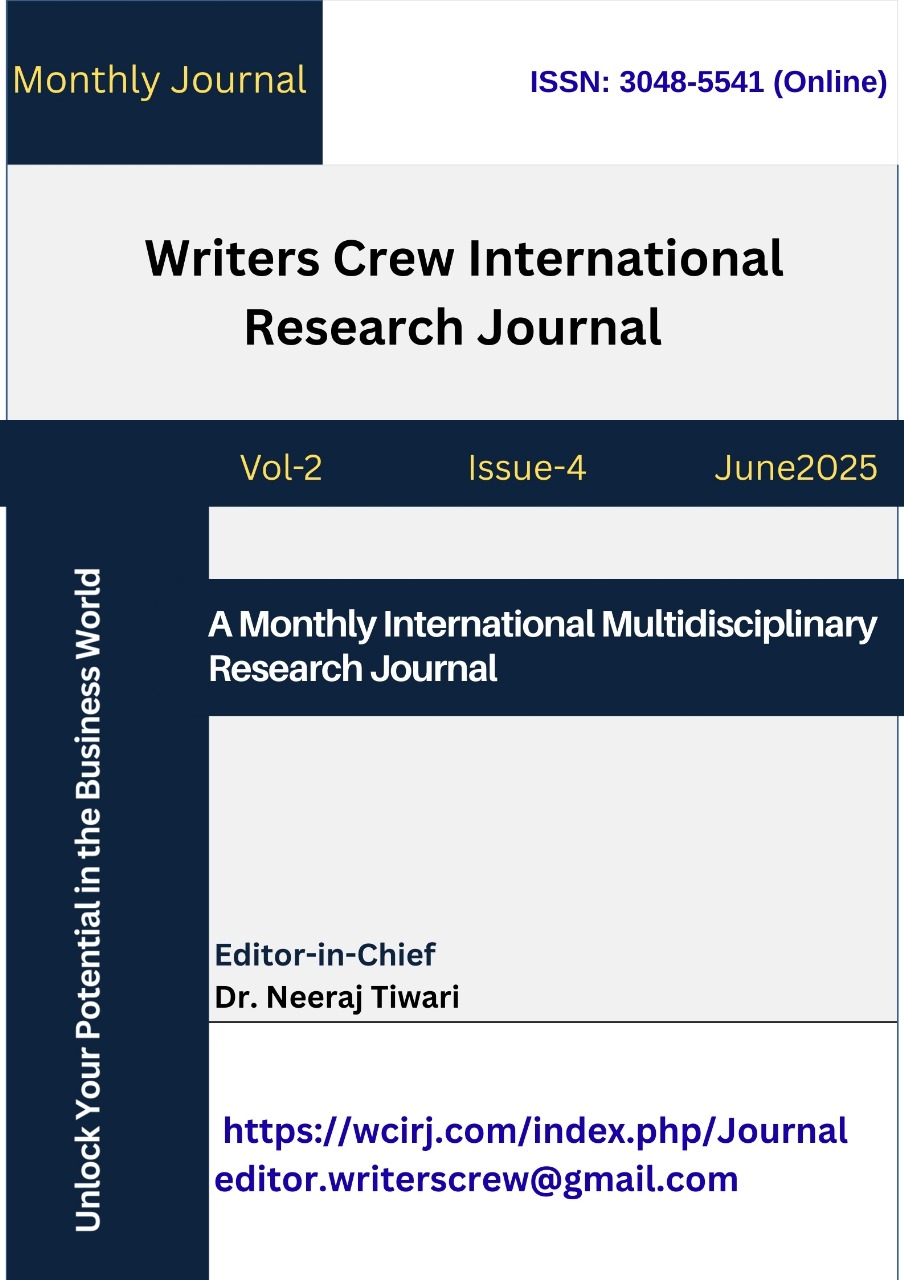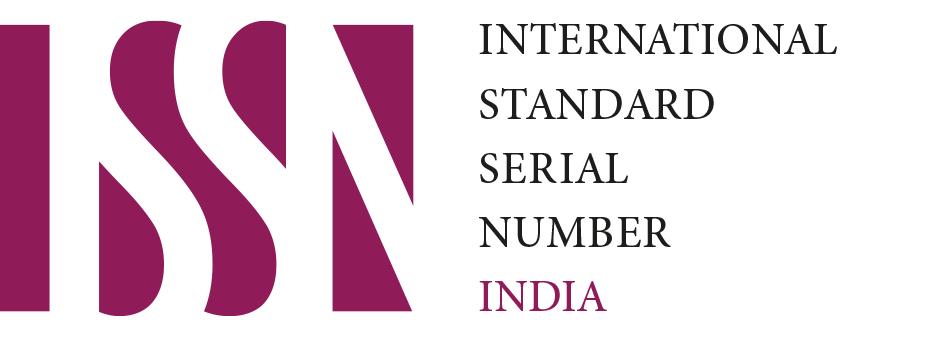Vol. 2 No. Issue: 4, June, pg. 1402-1418 (2025) (2025): THE DARK SIDE OF AI: INSECURITY, SURVEILLANCE, AND STRESS IN THE ACADEMIC FIELD AMONG STUDENTS AND TEACHERS

Abstract
The study explores the negative psychological and ethical consequences of the application of Artificial Intelligence (AI) in the academic field among students and teachers. Although AI has transformed the education sector to be more efficient, accurate and accessible, its intensive use has raised some fears about job losses, invasion of privacy and even mental health issues among both teachers and learners. The study examines four key themes, including AI-induced job insecurity, AI-enabled surveillance, stress among students, and stress among teachers using such methods as a secondary qualitative approach and thematic analysis. The research is based on the Sociotechnical Systems Theory and the Technology Acceptance Model and presents the impact of automation and continuous digital surveillance on trust, autonomy, and emotional well-being in the learning context. The results indicate that even though AI has led to benefits in terms of economics and operations, it has created professional anxiety, invasion of privacy, and mental stress. The study suggests policies of ethical AI implementation, teacher training on digital literacy and support, privacy rules and measures, and improved mental health services. Altogether, this paper underlines the necessity of a moderate attitude to the use of AI, which should be concerned with both the development of technologies and the well-being of humanity in education.
Keywords: Artificial Intelligence (AI), education, job insecurity, surveillance, stress, mental health.




